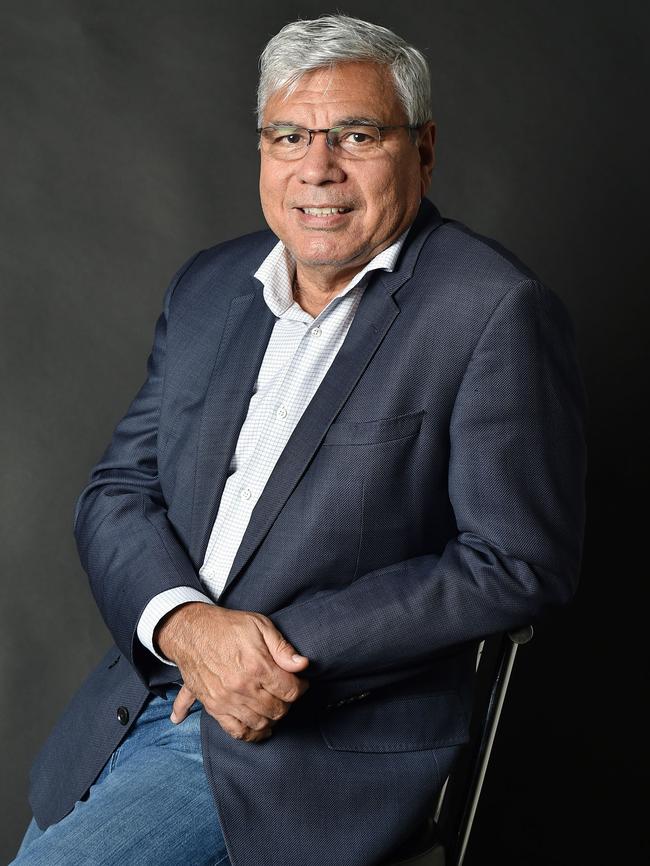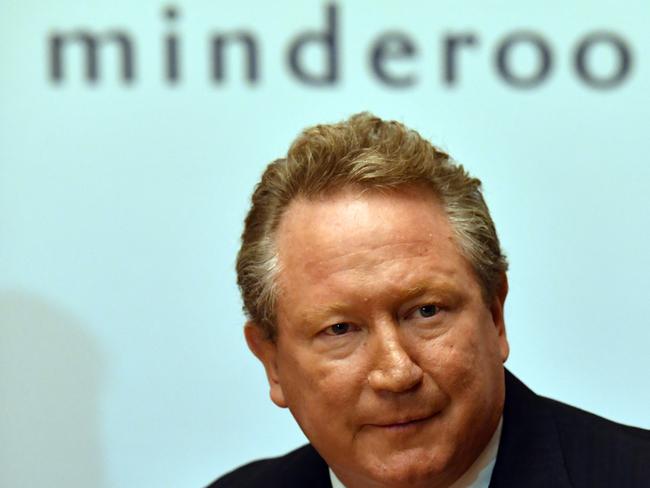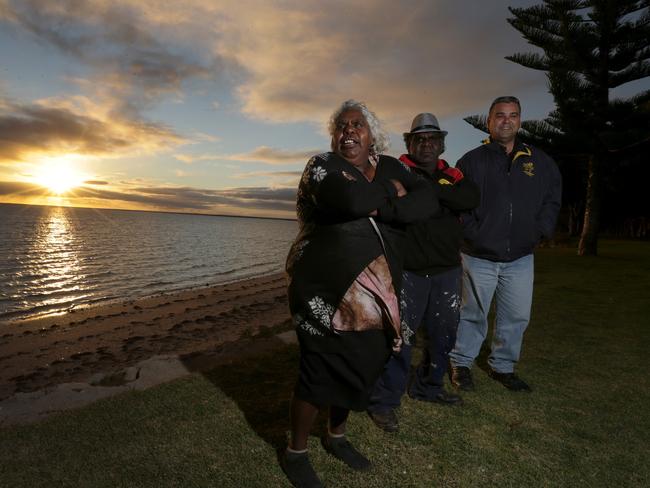Warren Mundine: Govt must expand cashless cards to more communities
Cash welfare perpetuates miserable cycles of violence. Why are the Greens opposed to an alternative, asks Warren Mundine
Opinion
Don't miss out on the headlines from Opinion. Followed categories will be added to My News.
- Caleb Bond: Welfare is like heroin — time to cut the supply
- Healthy welfare card will protect the vulnerable
THERE’S a video on social media everyone should watch. It features CCTV footage of the raw violence and drug- and alcohol-fuelled dysfunction gripping many Aboriginal communities in regional Western Australia.
The most disturbing scene is footage of a man stomping on a child before dragging the limp body by the hair into a supermarket trolley.
The video quotes alarming statistics. A town of 500 children where 184 have been sexually assaulted.
Another where 36 men face child abuse charges and 124 are suspects. Another where six children committed suicide in 18 months.

It was put together by Andrew Forrest’s Minderoo Foundation, local councils, Aboriginal elders and police in the hope of jolting government into expanding cashless welfare cards to these communities.
The circumstances that bred the dysfunction shown in the video is no mystery. It’s decades of chronic, intergenerational welfare dependence.
Aboriginal communities survived thousands of years with clear social structures, where people worked and learnt and took care of themselves, their families and communities. We survived two centuries of dispossession and colonisation and segregation, our social structures and families under constant attack; still we worked, learnt and took care of our families and communities as best we could. Most of us still do.
The problems in this video aren’t the product of dispossession, colonisation, segregation, the Stolen Generations, or even intergenerational trauma from those past injustices.
These problems have arisen since the 1970s when Aboriginal people, particularly in remote and regional Australia, moved en masse onto what our elders called “sit down money”. It caused complete social and family breakdown and dysfunction in Aboriginal communities across remote and regional Australia.

Today we talk about moving Aboriginal people from welfare to work. We forget that 50-odd years ago, socially progressive governments (both Labor and Liberal) transitioned Aboriginal people from work to welfare. This video shows the results.
Over generations, people in these communities lost all sense of self-sufficiency and responsibility. They no longer learn it from their parents and elders or see it demonstrated around them. Instead they grow up in a world where people don’t work or take care of themselves or their children; drug, alcohol and gambling abuse is all around and sexual atrocities have become the norm in some families, repeated with each generation.
It’s not only Aboriginal people suffering this cancer. There are non-Aboriginal families and communities with the same problems.
That’s why I’ve always advised government that cashless welfare shouldn’t be targeted at Aboriginal people but trialled, and later rolled out, across the board. Which it is.
Forrest described the Greens as the “party of paedophiles” for their strident opposition to cashless welfare and their refusal to even attend a showing of the video in Parliament House recently.
Greens indigenous affairs spokeswoman Rachel Siewert responded that the video was PR and propaganda designed to scare people into supporting cashless welfare.
Her dismissiveness would be laughable if it wasn’t so offensive.

“I feel so deeply for those who live in these communities who are labelled like this, and have deep concerns for the Aboriginal people who are collectively painted in this light,” she said.
But this isn’t a movie or a work of fiction. It’s real footage. Aboriginal people aren’t being “painted” or “labelled”. That’s a real man stomping on a real child.
On Sky News last Sunday, Alice Springs councillor Jacinta Price offered to take Greens politicians to communities to see the problems first-hand. She even offered to arrange for Richard Di Natale to stay in a town camp. Good idea.
Here’s another: will any Greens politician stay in one of these communities with their own children? It’s not whale-watching but far more instructive.

If the answer is “no”, my question would be: if it’s not an acceptable environment for their kids, why is it acceptable for Aboriginal children? The Greens claim cashless welfare doesn’t work. That’s false. Community trials showed it reduced alcohol consumption, illegal drug use and gambling, and had a positive impact on social stability.
No one is saying cashless welfare will solve entrenched dysfunction by itself. The only way to get these families on track is getting them into education and work and off welfare altogether. That takes time and effort and other initiatives (most of which the Greens also oppose).
Greens’ policy entitled “No to the Cashless Card” claims cashless welfare takes away “choice, control and dignity”. The child being beaten by an out-of-control substance abuser has no choice, control or dignity to take away. This ideological nonsense ignores reality and common sense.
The video shows the cold, hard facts of many Aboriginal communities today. It’s not the dark past of history. It’s here and now and a national shame. Politicians should stop making excuses and take action.
Nyunggai Warren Mundine AO chairs the Yaabubiin Institute for Disruptive Thinking.



